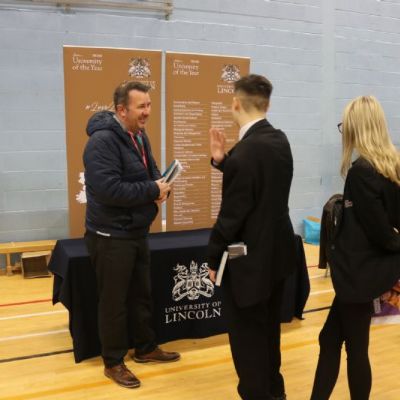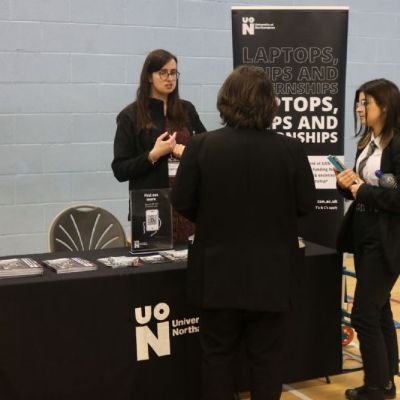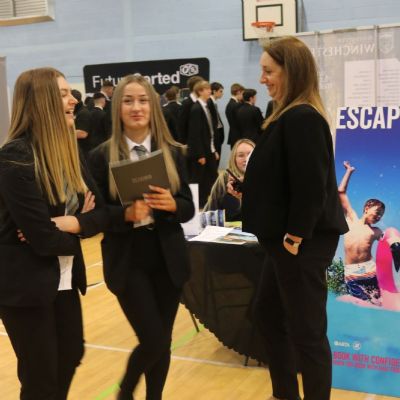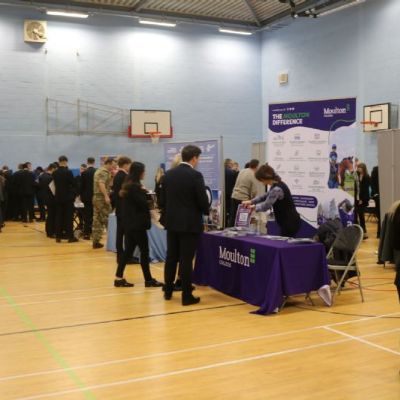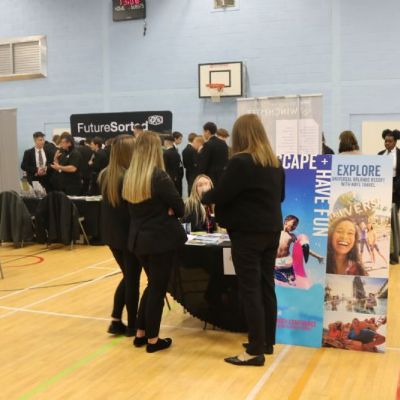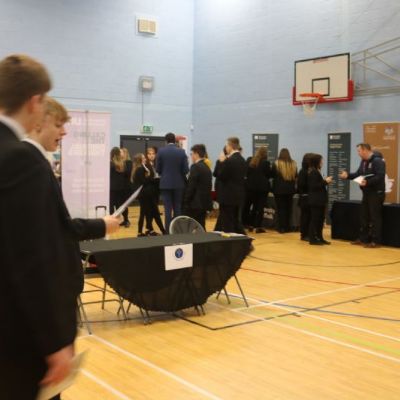Student Info
On this page, you will find general information about day to day life at the school. On the right hand side there are a range of pages you can view which tell you all about the services we offer in school. These include pages which offer you support for your well-being and advice on your future career path. There are also pages about extra-curricular clubs, the library and exciting trips and residentials that are coming up.
